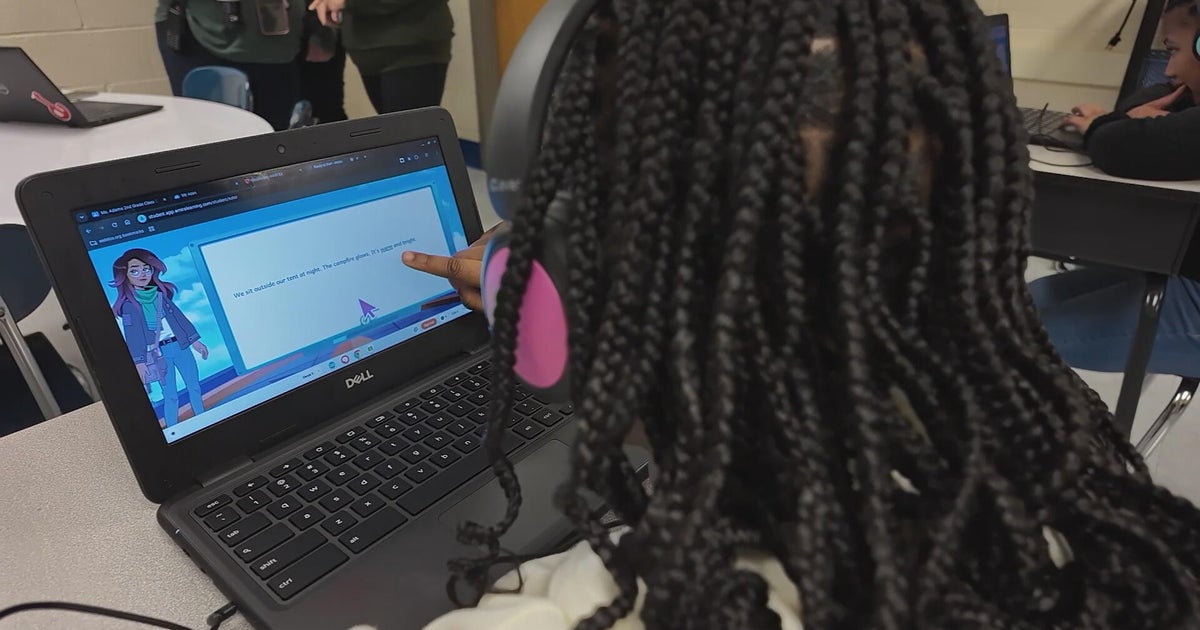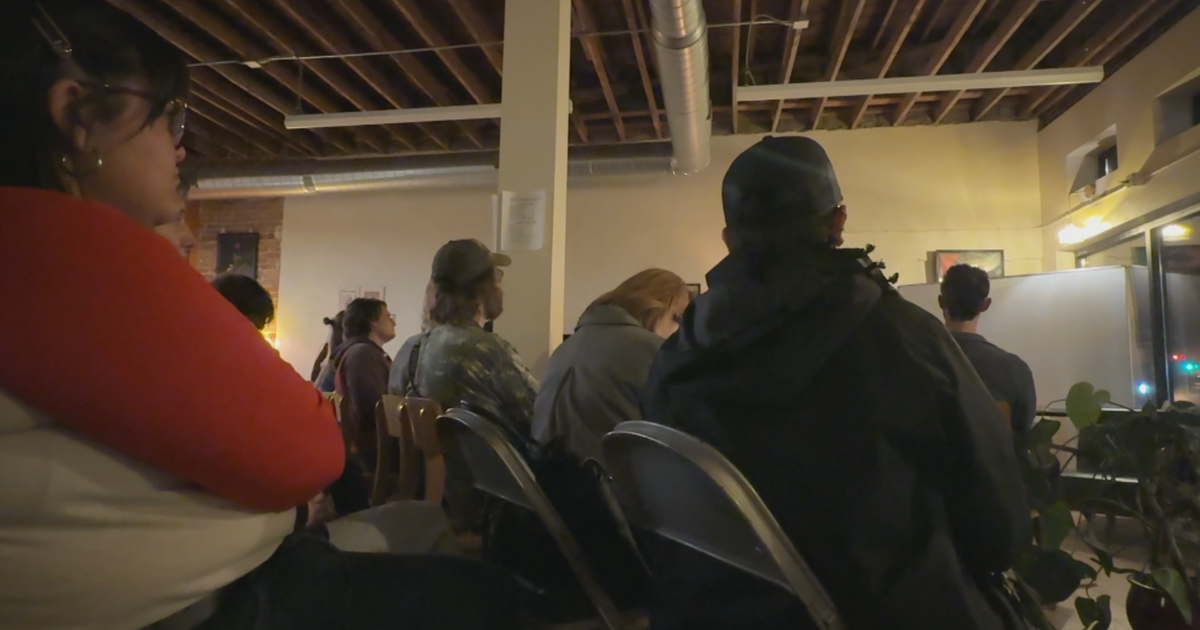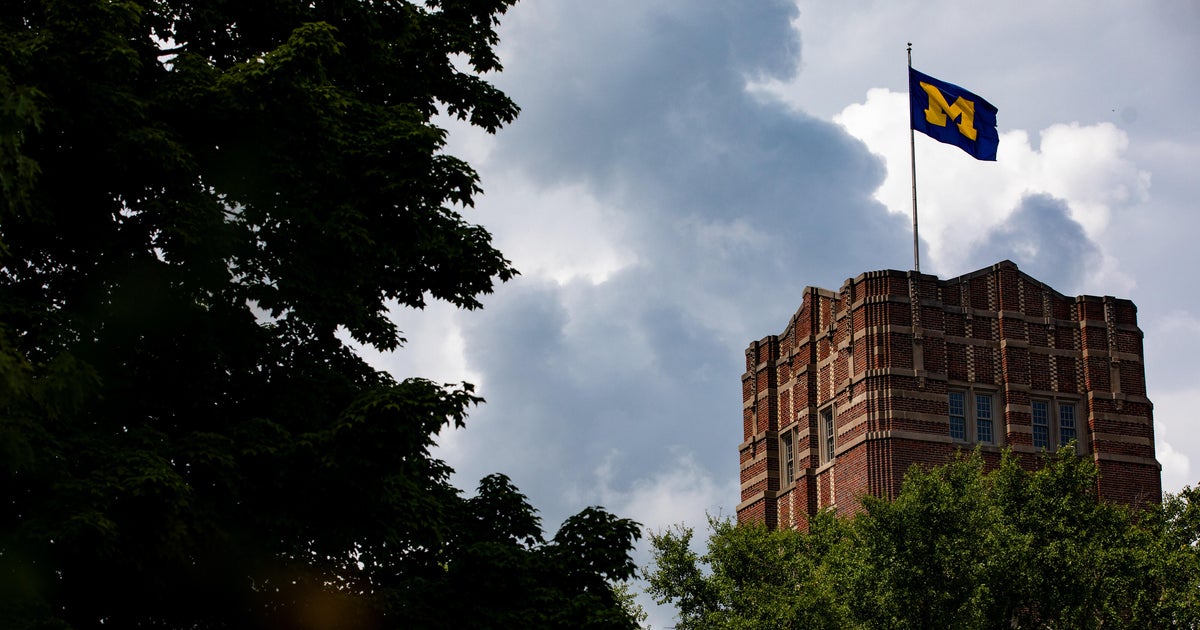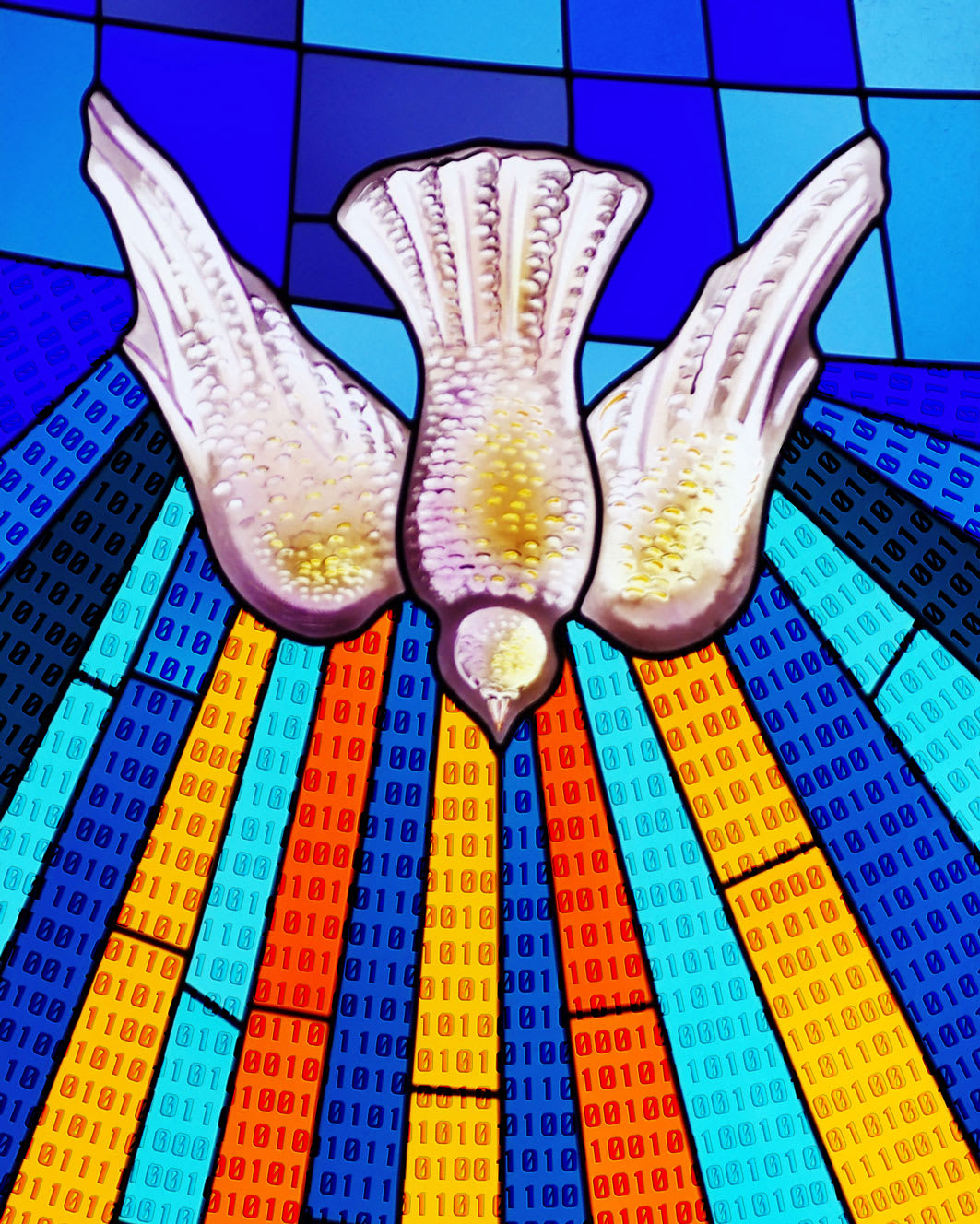$2 trillion worth of counterfeit products are sold each year. Can AI help put a stop to it?
As the holiday season approaches and the shopping frenzy intensifies, consumers are being warned to stay vigilant against the rising menace of counterfeit products. These imitations are becoming increasingly difficult to identify — and potentially dangerous.
The world's largest online retailer has been using artificial intelligence and machine learning to root out sellers trying to peddle counterfeits on its platform.
Three years ago, Amazon created an in-house counterfeit crime unit made up of former federal prosecutors, law enforcement and data scientists based around the world to go after counterfeit sellers.
The company says it's closely tracking suspicious behavior online to protect customers.
"What's critical is that our teams of data scientists and our automated tools are checking [the] data day in and day out," said Kebharu Smith, a former federal prosecutor and now director of Amazon's counterfeit crimes unit.
Smith says Amazon is using AI tools to scan over 8 billion listings from sellers each day. Machine learning and data collection allows them to screen logos and trademarks to compare them with what's provided by the brands. It allows them to flag products that may be counterfeit.
That's important because in some cases, people don't even know what they're buying online is fake.
One recent survey from Michigan State University found nearly seven in 10 people said they were deceived into buying counterfeit products online at least once in the past year.
"It scared me personally because I didn't realize that 100% of all the fake handbags that we sampled, they all had lead and had cadmium paint on them on the surface," said Entrupy CEO Vidyuth Srinivasan. More than a decade ago, Srinivasan founded his company to help businesses identify counterfeits. His team has built a database of images from authentic and counterfeit luxury items that utilizes machine learning to recognize fakes in real time.
As a teenager growing up in India, Srinivasan remembers the first time he sought out a pair of fashionable sneakers.
"I went and bought a pair of shoes, and they were Nikes. They were really cool," he said. "I still remember them so well, but I had to go to the gray market, basically the place where they sold the fakes."
He didn't think much of the harm of buying counterfeit shoes then, but years later in the middle of a solo motorcycle trip, he says his brakes failed and battery died. It turned out the parts in his motorcycle were counterfeits and could have cost him his life.
"That gave me this emotional inertia to say, 'I was cheated, I was betrayed.' What I don't want to happen is for the world to feel that same way," said Srinivasan.
Today, Srinivasan's company, Entrupy, utilizes its growing database to compare photos taken of an item in-store with images of in its bank allowing consumers and retailers to spot fakes on demand with a handheld device. The company specializes in the luxury accessory and sneaker markets and conducts brand checking for TikTok Shop and Goodwill Industries.
"We built a whole massive data set of authentic products and counterfeit products. We taught computers how to detect those minute differences, roughly between 2,000 and 4,000 different characteristics on every single image," he said.
The changing counterfeit market
Ashly Sands, an intellectual property attorney and head of litigation and anti-counterfeiting at the law firm Epstein Drangel LLP, emphasized the severity of the issue during a recent visit to Canal Street in Manhattan, known for its bootleg market.
"When I started, I guess about 12 years ago, we did this all the time. We would do monthly raids with our clients," she said.
Last month U.S. Homeland Security Investigations and the NYPD announced the seizure of more than $1 billion worth of counterfeit luxury goods here. It was the largest bust of its kind in U.S. history.
Sands used to spend much of her time working with major fashion retailers cracking down on counterfeits sold on the streets and in back alleys. But she says her work has shifted to an explosion of counterfeits being sold direct-to-consumers online and through e-commerce platforms.
"It's massive. If you can get a real version of something, an authentic version of something, there is a 99% chance that you can get a counterfeit," said Sands.
It's a booming industry, considered the largest illicit trade in the world, with $2 trillion worth of counterfeit products sold to consumers annually, according to the National Crime Prevention Council.
U.S. Customs and Border Protection warns that online shopping has transformed the counterfeit trade into a breeding ground for criminals pushing potentially dangerous fakes.
Counterfeit electronics, for instance, contribute to over 70 deaths and 350,000 serious injuries in the United States annually, the National Crime Prevention Council reports, shedding light on the grim consequences of purchasing fraudulent goods.
Danger from fakes
After a fire killed two siblings at a Queens home in April, the New York Fire Department discovered a charred electric scooter and charger in the home with a fake safety certification label. Investigators suspect the fire was sparked by another charger which may have had the same type of counterfeit sticker.
"We have hundreds of reports of houses being burnt down based on these type of counterfeit electronics," said Salvatore Ingrassia, Port Director for JFK Airport.
The agency put on display a sampling of the counterfeit goods seized inside the international mail facility at JFK Airport — everything from fake handbags, sneakers, watches and jewelry to knock-off electronics and cosmetics.
"We get advanced information on mail shipments coming into the U.S. and through our expertise, through our targeting systems, through our risk analysis, through our partnerships, through our intelligence. We're able to use that to target packages based on past seizures," said Troy Miller, a senior official performing the duties of the commissioner for U.S. Customs and Border Protection.
Miller pointed out the risks posed by counterfeit pharmaceuticals, including those laced with deadly substances like fentanyl.
Last month, San Diego Sector Border Patrol agents seized nearly $3.7 million worth of worth of fentanyl pills during a vehicle stop on Interstate 15. In 2022, the U.S. Drug Enforcement Administration seized seizing nearly 60 million fake pills laced with fentanyl.
"When you're talking about pharmaceuticals that are counterfeit, you don't know where they're coming from," said Miller. "You don't know what the chemicals are in those pharmaceuticals. I think more and more you're seeing folks taking pharmaceuticals that are laced with things like fentanyl. Those are costing American lives every single day."
CBP officers are responsible for targeting and seizing imports of counterfeit and pirated goods but have found challenges keeping up with the growing counterfeit trade that allows consumers to purchase online and in smaller packages.
"[People are ordering] a billion packages a year," said Miller. "That's up from 685 million the year before."
The challenge of battling counterfeiters
Kim Gianopoulos, director of the international affairs and trade team at the U.S. Government Accountability Office, authored two reports that highlighted the challenges faced by CBP in combating the influx of counterfeit items through e-commerce platforms.
"We found out that CBP did work with the private sector and issued a report a couple of years ago outlining some of the things that they could do with the private sector to make strides in this area," said Gianopoulos. "Unfortunately, what we learned was that they haven't actually brought those to Congress yet, that they haven't implemented those recommendations with the help of Congress. So, a lot of the challenges that were there a few years ago are still there today."
One of those reports concluded that the agency's processes are "not tailored to combat counterfeit goods in small packages."
"The sheer number of small packages that are coming in was a major, major challenge for them. It's almost 2 million packages per day," said Gianopoulos.
"There's not a day I don't come to work and think that we can do a better job of what we're doing," said Miller. "Let's look at the things we are doing to improve that."
To address these challenges, Customs and Border Protection is adopting new technologies, including X-ray machines utilizing artificial intelligence and machine learning to target smaller packages. The new technology will allow the agency to collect and analyze the features of original products, and use that data to process and target fakes at much greater speed and volume than people could ever do alone.
"We all own a little bit of this, right? Customs and Border Protection, certainly at the front line, needs to enforce our laws, rules and regulations," Miller said. "The consumer needs to do a little bit better job of verifying what they're ordering. But when you're talking about the retailers and you're talking about the marketplaces, express consignment, everybody needs to be able to do a little bit more to ensure what's being sold on those sites are, in fact, legitimate.
Vidyuth Srinivasan says combatting counterfeits using AI technology has great potential. But he acknowledges that it's unlikely to stop the trafficking completely.
"I think ultimately, can we solve the problem? No," said Srinivasan. "But can we try our damnedest? Absolutely, yes."
Correction: This story has been updated to attribute a quote to Salvatore Ingrassia, Port Director for JFK Airport.




